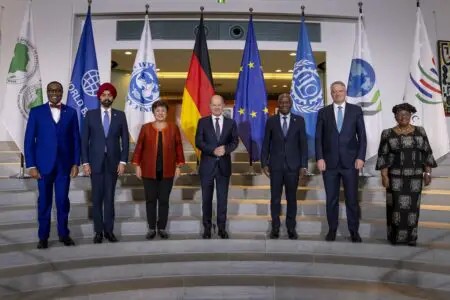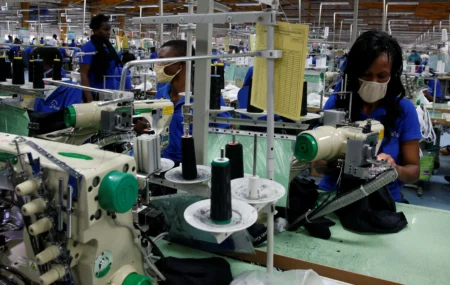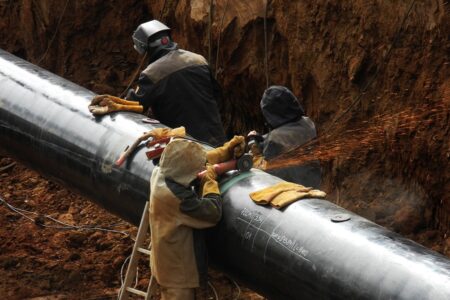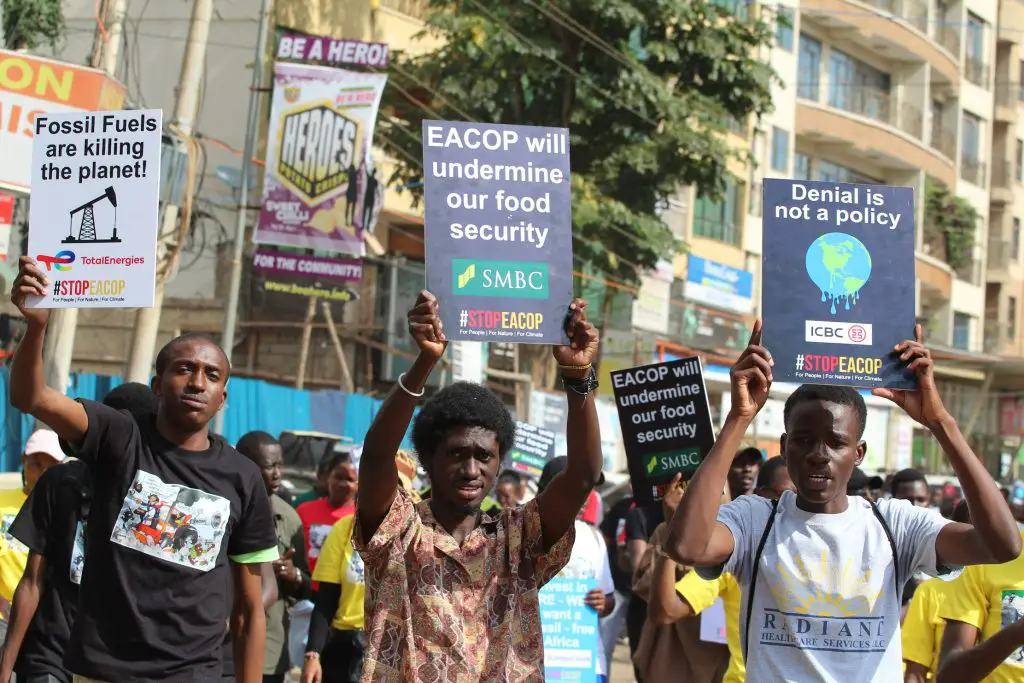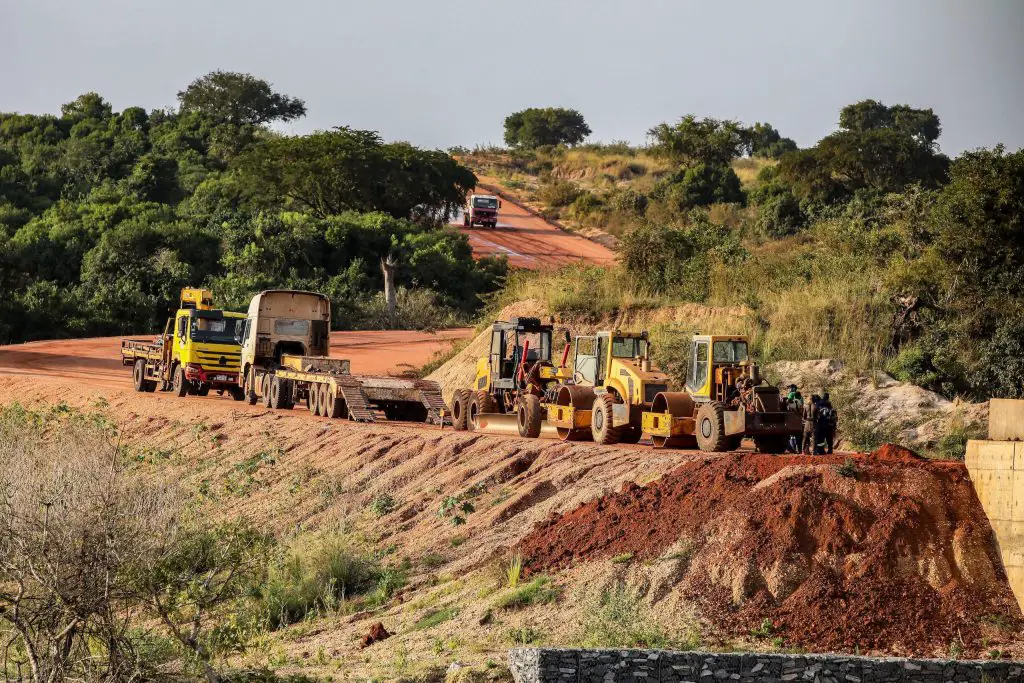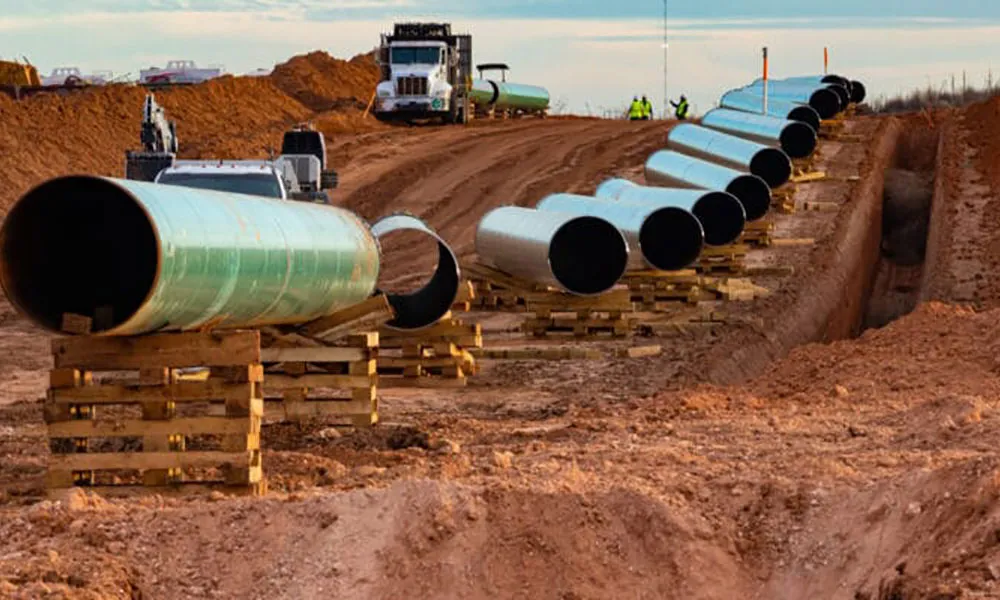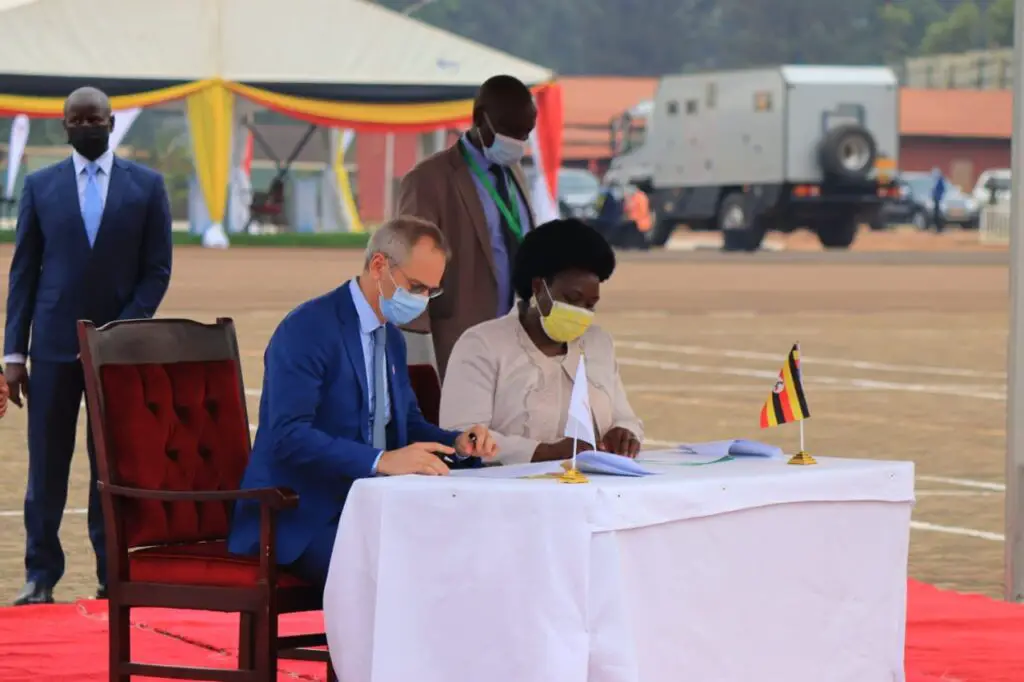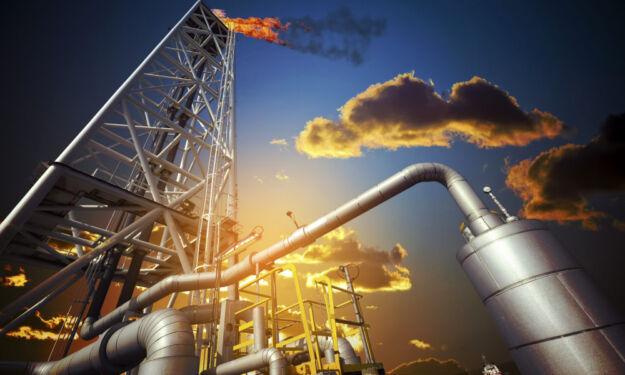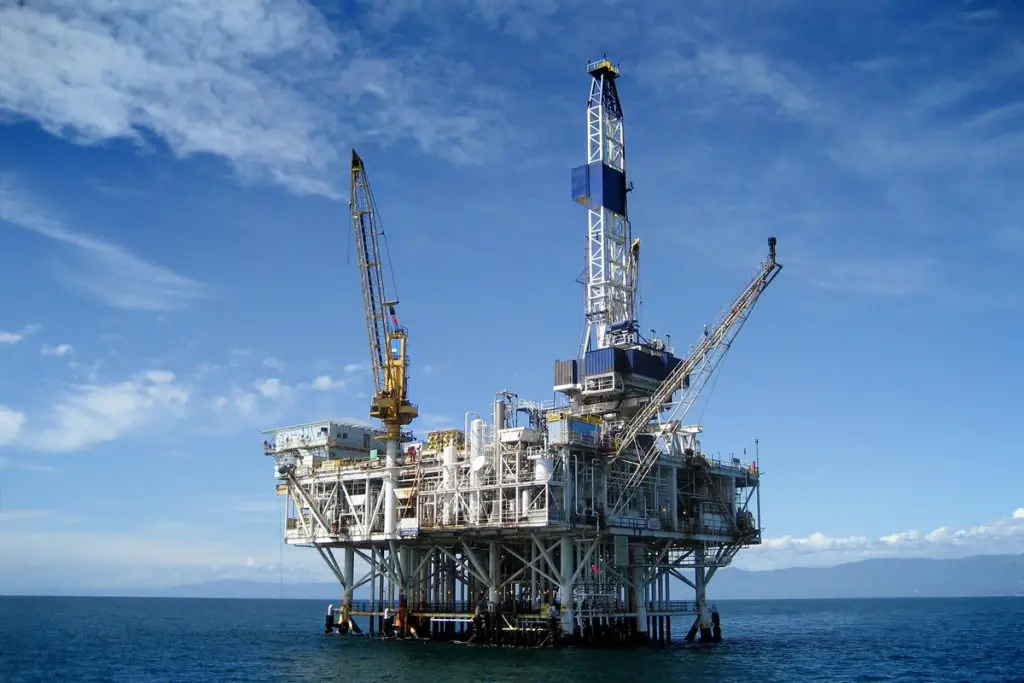- Africa’s new dawn: the rising role of digital and AI in agriculture
- Can Dangote Refinery Transform Africa Energy Ambition
- Gallup Survey: 80 per cent of Kenyan Workers Are Disengaged and Seek New Opportunities
- Madagascar Man Freed from 5KG Tumor After 15-Year Struggle
- How women in Africa are perceived and treated
- Sugar consumption in Kenya to Increase to 1.23 Million Tonnes
- Can Somalia and Turkey Oil deal Bring Change in Somaliland
- Remittances to Kenya dropped to $371.6 million in June, marking a six month low
Browsing: EACOP
- In Berlin, German Chancellor Olaf Scholz says his country will invest 4 billion euros in Africa’s green energy until 2030.
- Scholz made the green energy plans after meeting African leaders and heads of international organizations during the G20 Compact with Africa conference.
- Compact with Africa was initiated by Germany in 2017 during its presidency of the G20 to improve conditions for sustainable private sector investment and investment in infrastructure in Africa.
The government of Germany has pledged to invest $4.37 billion (4 billion euros) in Africa’s green energy until 2030. German Chancellor Olaf Scholz made the announcement at a press conference in Berlin after meeting African leaders and heads of international organisations including the President of the African Development Bank (AfDB) Group Dr Akinwumi Adesina, during the G20 Compact with Africa conference.
The Compact with Africa was initiated by Germany in 2017 during its presidency of the G20 to improve …
- High protection and heavy import dependency have left industries in Africa poorly prepared for international competition.
- The tendency of many African governments to assign a leading role to the state in creating and operating manufacturing firms makes industries in Africa hard to thrive.
- For decades, investments by African governments are often made with little regard to efficiency and the managerial capacity in target industries.
Africa Industrialization Day on November 20 is here, yet the region’s skies remain smokeless. While the region is endowed with $82 trillion worth of discovered natural resources, with the potential to contribute $30 billion a year in government revenue over the next 20 years, this potential remains untapped.
Africa’s failed industrialization
Sadly, Africa’s industrialization has been failing if not stagnating as many nations continue turning into customers of established manufacturing zones in China, Europe and India. For instance, Africa exports around 69 per cent of the …
- One of Africa’s biggest pipeline is the 4,100Km Trans-Sahara Gas Pipeline connecting Nigeria and Algeria oil fields.
- At 1,443Km East African Crude Oil Pipeline will connect Uganda’s oil fields to Tanzania’s coast.
- Cutting across seven countries, the Central African Pipeline System will include refineries, gas-to-power plants, and LNG terminals.
As oil and gas industries continue to grow in Africa, the construction of regional, intra-African pipelines has a huge part to play in distributing these hydrocarbons across the continent, allowing Africa to reap the benefits of its energy resources.
These benefits included improved access, availability, and affordability of energy as well as energy security. It also contributes to added revenue to the participating countries and the skills development of local companies and individuals.
Africa, a continent teeming with untapped energy potential, has long been grappling with the challenge of delivering its vast oil and gas resources to its energy-hungry populations.
With …
Both nations have the right to attain energy supremacy as it has been a long-time ambition. Despite that goal, environmental and climate-related concerns must be addressed if they are present.
The EACOP is one starting point that can catapult the region towards economic mastery and energy sufficiency. Tanzania, which is also banking on natural gas exploration and production, could learn a lot from EACOP complications now.
Despite the challenges, EACOP’s potential has managed to draw the attention of other financiers, and things are turning out well. The project has attracted US$300 million from alternative lenders as its proponents rush to save the project from pressure groups citing environmental concerns, according to a report by The Citizen. …
More importantly though, a clear signal was sent to the EU Parliament that the colonial days are over and that meddling in affairs and interfering with matters that are of the exclusive sovereign remit of the host countries, Uganda and Tanzania, is simply not tolerated.
Following the EU Parliament’s action, Total Energies is to appear before the Parliament for a hearing and answer queries that the members of parliament will have. That coupled with the fact that Total has an ongoing court case in France regarding an allegation of its failure to put in place an adequate vigilance plan covering health, safety, environment, and human rights risks as required by French law, related to the the same EACOP project, it will be interesting to see whether or not Total Energies might drop out of the project at the risk of being exposed to breach of contract claims by the other …
The ministry argued that the oil pipeline project is being implemented strictly on international safety, environmental and social aspects, including the Human Rights Impact Assessment (HRIA).
The EACOP project has managed to amass at least US$20 billion, benefiting the two neighbouring nations immensely. That’s why Tanzania is stern on highlighting key issues regarding human rights and environmental risks.
“A dedicated HRIA was undertaken as part of the project implementation process. The HRIA assessed and put in place measures for addressing the potential adverse of the project on the human rights enjoyment,” the statement pointed out.
According to the EU Parliament statement, at least 100,000 people have been forced to move out of their homes to leave the path for the pipeline.…
TotalEnergies CEO Patrick Pouyanne said that the memorandum of understanding will see the French firm produce Liquefied Petroleum Gas (LPG) and also deploy large-scale renewable energy technologies to identify areas of commercial investment.
Uganda’s Minister of Energy and Mineral Development, Ruth Nankabirwa said in a speech ahead of the signing that the agreement would put the country on the path to first oil in 2025. She added that EACOP would create approximately 160,000 jobs during the project’s development.
The agreement dictates TotalEnergies will develop solar, wind, geothermal, and other renewable technology power projects in Uganda to add a combined installed electricity output capacity of 1 Gigawatt by 2030 to the current 1.2-Gigawatt production.…
East Africa (Tanzania and Uganda in this case) is endowed with plenty of natural resources that mark it as a potential region for investment and economical prosperity. The East Africa Crude Oil Pipeline (EACOP) is another milestone that will levitate Tanzania to a good position economically.
The crude oil project which was stalled since 2019, has taken a new leap that sounds promising to the two countries which are eyeing maximizing the potential of $15 billion in investment (The East African 2021).
Earlier this week, the project was signed off by Uganda President Yoweri Museveni in the nation’s capital, Kampala and Tanzanian President Samia Suluhu. The process was postponed from the original date of March 22 after the sudden death of President John Magufuli.
The EACOP project landscape
This historic project plans to transfer crude oil via a 1,445 long pipeline extending from western Uganda to the Indian ocean in …
The East African region is closer to its Asian markets giving it a geographical edge over the other producers on the continent.…
The anticipated East African Crude Pipeline project (EACOP) involving Tanzania and Uganda, has just been postponed by oil-goliath Total SA until further notice.
The reason given for the shelving of the project is due to a broken deal pertaining Tullow Oil Company failure to sell its stakes to Total SA and China National Offshore Oil Company (CNOOC), which occurred last week.
According to Reuters, a Ugandan official cited the project halt of the costly $3.5 billion with 1445km long, featured some marred issues, involving a taxing dispute with Uganda authorities.
“All East African Crude Oil Pipeline (EACOP) activities including tenders have been suspended until further notice because of the collapse of the deal” the official commented, under conditions of anonymity adhered.
According to a report by Bloomberg, Tullow Oil forcibly abandoned plans to sell a stake in Ugandan project and resume the deal afresh after-tax negotiations foundered the deal.
“The …





